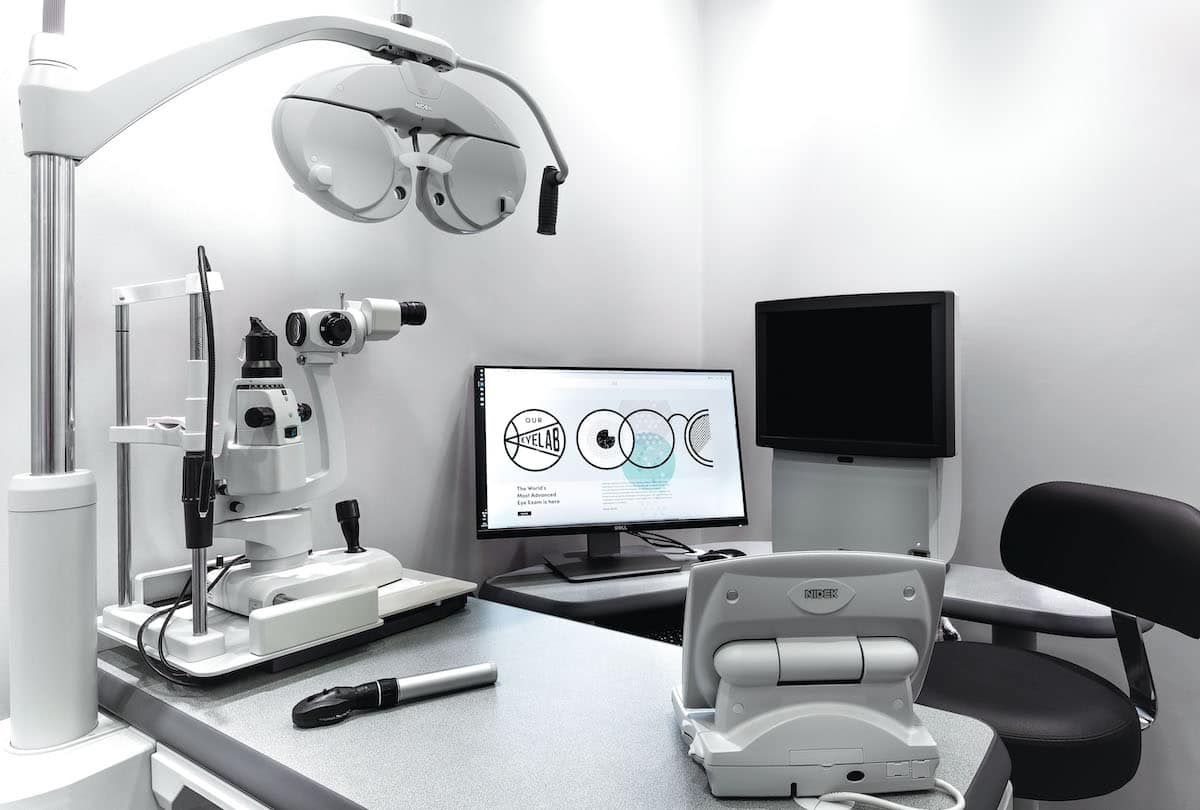With the academic year in full swing, and another half term coming up have you considered booking your child in for an eye examination?
As children spent many months at home over the last couple of years being educated via computers and spending a considerable amount more time on digital devices during downtime, it is important to ensure their eye examinations are up to date. Regular eye examinations are an important element of healthcare, as not only do our optometrists check the prescription, but also the health of the eye.
There is no minimum age that you should take your child for an eye examination however from school age is advised, unless there are any concerns about your child’s vision in which case, we would recommend they are seen earlier. Children under 16, and under 19 in full time education are entitled to an NHS eye examination each year unless advised otherwise by the optometrist.
There are a few signs that parents and teachers can look out for that may indicate a child requires an eye examination and vision correction.
These are:
- Squinting to focus
- Sitting too close to the TV or holding digital devices too close to their eyes
- Excessive rubbing of eyes
- Complaining of headaches or eye pain
- Difficulty concentrating on schoolwork and copying things down incorrectly
COVID-19 has had a huge impact on eye health and may have and may have further contributed to the myopia epidemic. Researchers in China have found a substantial shift in myopia because of confinement at home in children aged 6-8. In Canada, a national health survey discovered that during the early lockdowns, eight-year-olds were spending on average 5 hours per day on devices on top of screen time needed for schoolwork.
Myopia or short-sightedness is predicted to affect 50% of the world’s population by 2050, with children who have myopic parents more likely to develop the condition. People with a high myopic prescription are more likely to develop other long-term eye conditions later in life such as glaucoma and myopic maculopathy, which is why it is so important to diagnose and manage the eye condition as early as possible with myopia control products such as contact lenses or spectacles.
If you have noticed your child experiencing any of the above, or you have any concerns about their vision speak to one of our optometrists today by contacting your local Eye Place.






COMMENTS ARE OFF THIS POST